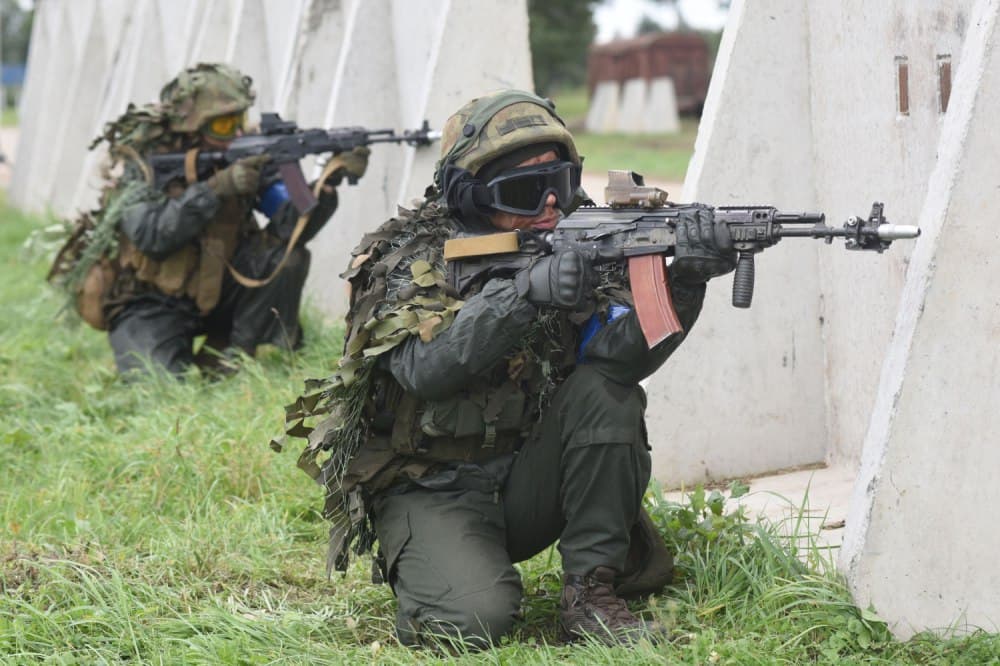By J. Hawn (London School of Economics)
Over the past few weeks, there has been an increase in the Western press about Russian military action in the southern region. Numerous units, including the combined arms battalions of the 1st Guards Tank Army, reportedly have been deployed to areas adjacent to Ukraine, and the West is so alarmed that US Secretary of State Anthony Blinken announced on November 10 the possibility of renewed aggression against Ukraine.
But is Russia really going to attack Ukraine? The empirical answer seems to be an emphatic no. These moves may be troubling, especially given the history of Russia and Ukraine, but they do not portend war.
First, Russia made no attempt to conceal the movement of these forces, either in transit or upon arrival at the locations. Commercial satellite imagery shows military units located in car parks and camps without any camouflage or disguise. A true offensive will require much more caution and will have other warning signs, such as reinforcing deployed air defenses and activating reserve units.
Since April, Russia has concentrated troops in its southern provinces, but the slow pace of deployment appears to indicate a general relocation of Russian troops to its Western and Southern military districts, close to potential conflict zones. Deployment, then, can be seen as a much larger change in Russia's overall strategic deployment than a sudden build-up of offensive capabilities.
To be sure, Russia may have partly viewed a demonstrative troop rotation as a way to counter the West in times of heightened tensions. Just as the recent military exercises in the Black Sea, conducted this summer by the US Navy and several partners, and the increasingly tense border crisis in Belarus only contribute to this.
Still, a new invasion of Ukraine, or even a sharp escalation of hostilities by Russian-backed forces, is a dumb prospect for several reasons.
The Ukrainian army is currently experienced, modernized and highly motivated. Breaking its resistance will not be a trifle - and any war, besides being extremely costly in terms of troops and materials, will have a high chance of attracting other participants, and it will have a terrifying chance of becoming nuclear. Even if Russia did manage to occupy Ukraine, what would it get from this? Occupied territories are dangerous and often useless, as the United States discovered in Iraq and Afghanistan.
A renewed war against Ukraine would cause significant damage to Russia and limit large amounts of resources that Russia cannot afford to spend. This will forever alienate Russia from Europe and make any steps to lift the sanctions politically impossible. Russia has absolutely nothing to gain from an invasion of Ukraine, but it has a lot to lose.
However, the reckless behavior of the Western press and some governments, from panicky Bloomberg headlines warning of a full-scale invasion to various statements defending Ukraine's territorial sovereignty, has only exacerbated tensions in an already tense region. War is never inevitable, but if you act as if it is inevitable, it is far more likely - and no less destructive.
Read also:


